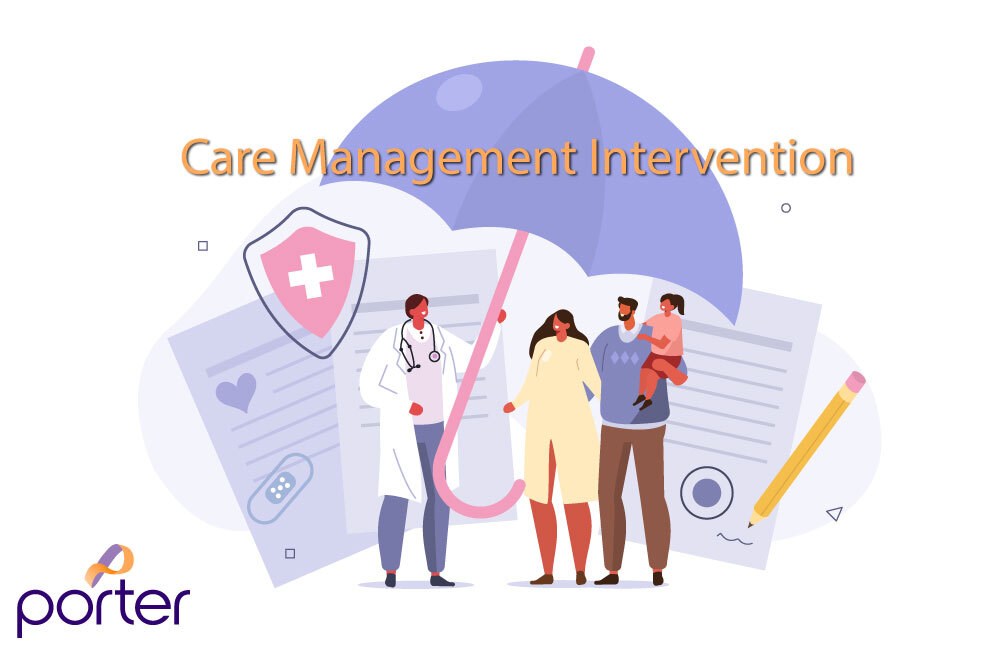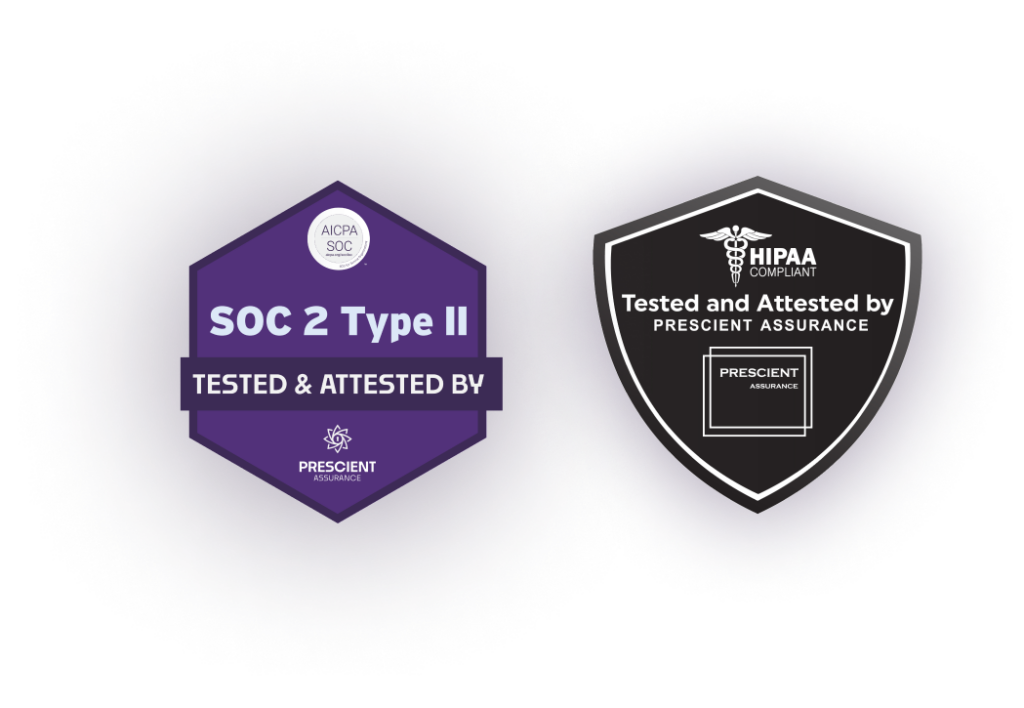Payers in the healthcare management system are an integral part of the care management plan, and often they may be the only ones who understand the full picture of each patient’s services. Understanding the role of care management intervention and its impact on providers can improve member retention and reduce inpatient and outpatient care costs. Evidence-based protocols and guidelines can help improve the ways that healthcare management systems care for patients.
The Role of Payers in Healthcare
Payers in healthcare include individual payers, health plan providers, and insurers, and while they all fall under the same “payer” umbrella, there are distinct differences for each. Regardless of the classification, each type of payer has a responsibility to balance the quality of care for patients with the cost. Managing the resources available for patient care is an important aspect of care management for payers, so offering ways to reduce costs while still providing personalized care is critical.
Payer Care Management Strategies
All payer care management programs aim to align the cost of individual patient treatment with the outcome for each member. Payer care management programs and interventions can include:
- Transition of care management
- Chronic condition treatment
- Complex case strategies
- Prevention and lifestyle improvement programs
Aligning Care Management for Higher Quality Patient Care
When patients move from one care facility to another, the likelihood of unique aspects of their care requirements slipping through the cracks increases. Payers are often the only safety net that especially vulnerable patients, like those listed above, have. During patient transition, payers are often the only ones with immediate access to everything the new PCP requires. When payers are able to streamline communication on behalf of patients, known as care management, then patients receive more consistent care. Providers also reduce their costs by not repeating the same exams and tests to ensure there are no care gaps, like those from:
- Inaccessible patient care records
- Limited efforts from other care providers or caregivers
- Unclear discharge plans
- Spotty records for older patients
Many payers recognize the excess waste and, to combat it, hire nurses and doctors to provide care management during the patient transition gaps This ensures that patients don’t endure duplicate treatments and that payers are not responsible for duplicate care. Care management intervention focuses on less invasive patient treatment coupled with reduced provider and payer costs.
Care Management and the Importance of Healthcare Claims Data
Claims data combines patient information about treatments and services rendered by each provider and each member’s diagnosis. Claims data is an integral part of revenue cycle management (RCM) for healthcare providers, but it is equally as valuable for payers. Each time a healthcare provider submits a claim for payment the payer organization builds a collection of treatment rendered. The insight from these claims and the data analysis can be critical for better care management potions for payers.
How Can Porter Help Me
As a payer, minimizing invasive care for members and minimizing healthcare costs is always important. Harmonized patient care and outcome results help all involved in individual care, and important data analytics can help manage each individual case for the best possible outcome. Contact us today to see how our specialized portfolio of services can help improve your payer results.



